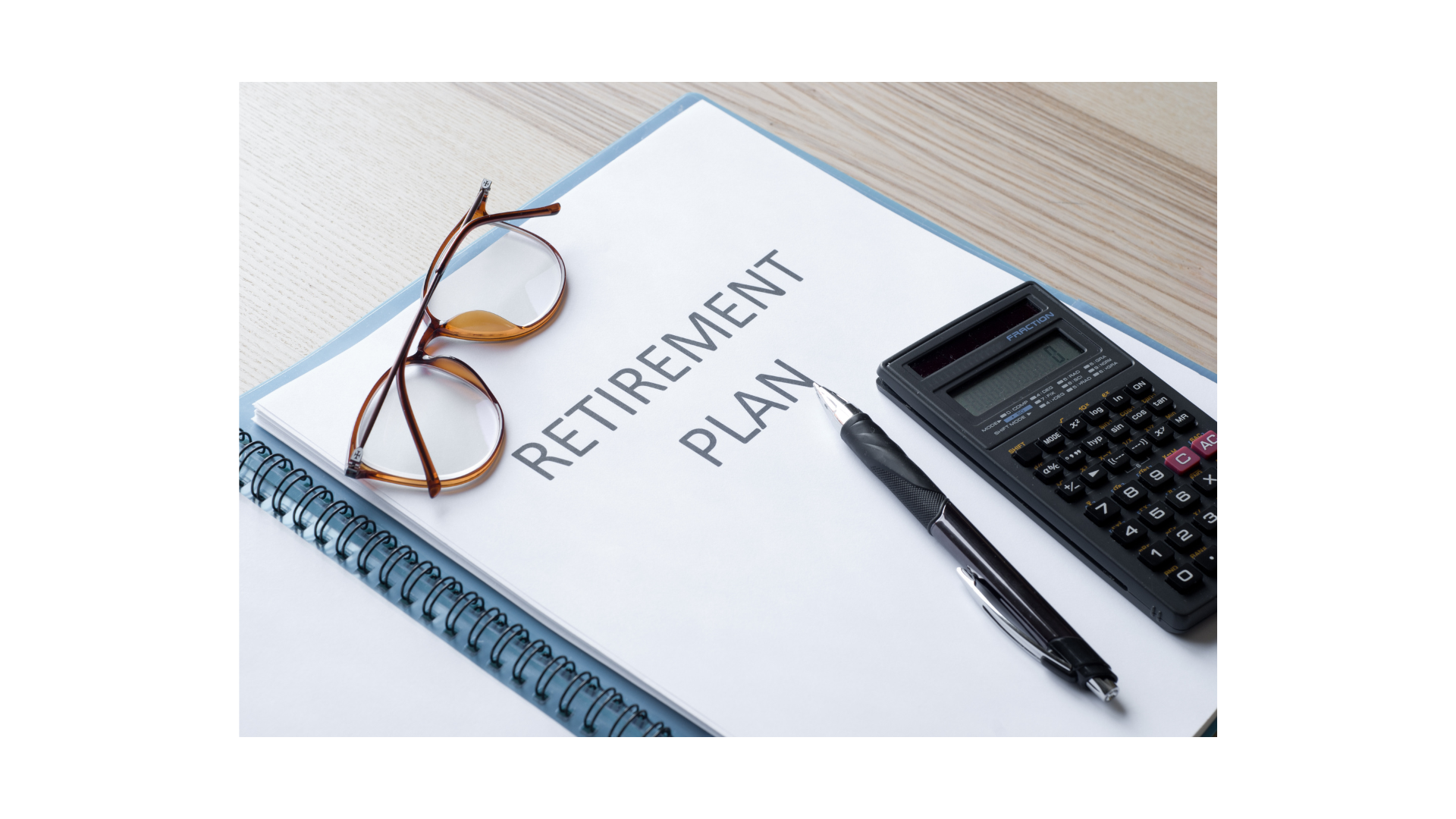Money in Motion
When it comes to old 401(k) accounts, it pays to know your options
Like most people, you’re likely to change jobs several times during your working life. And you’ll likely have a 401(k) account through your former employer to deal with. Here are the four options for what to do with an old 401(k) account.
1. Leave Your Money Where It Is
If the plan allows, you can leave the assets in your former employer’s 401(k) plan, where they can continue to benefit from any tax-advantaged growth. There is something to be said for having familiar investment choices, and your former employer’s plan may provide access to investment choices and plan services that aren’t available in your new plan.
If you’ve just changed employers, find out if you must maintain a minimum balance in your old plan, because many plans require a minimum balance of $5,000 to remain in the plan. You’ll also want to review and understand the plan’s fees, investment options and other provisions, especially if you may need to access these funds at a later time.
2. Roll Your Money Into a New Employer Plan
If you’re changing jobs, you can roll your old 401(k) account assets into your new employer’s plan (if permitted). Many people like the convenience of having just one account to keep track of and manage. In addition, your new employer’s plan may offer investment options and services not available in your former employer’s plan. This option also maintains the account’s tax-advantaged status.
Find out if your new plan accepts rollovers and if there is a waiting period to move the money. If you have Roth assets in your old 401(k), make sure your new plan can accommodate them. Also, review the differences in investment options and fees between your old and new employers’ 401(k) plans.
3. Roll Over Your Money to an IRA
For more retirement investment options and to maintain the tax-advantaged status of the account, roll your old 401(k) into an individual retirement account (IRA). You will have greater flexibility over access to your savings (although income taxes may apply, along with early withdrawal penalties, if you don’t directly transfer the funds and are under age 59½). Before-tax assets can roll over to a traditional IRA whereas Roth assets can roll directly to a Roth IRA. Review the differences in investment options and fees between an IRA and your old and new employers’ 401(k) plans.
4. Cash Out
Cashing out your old 401(k) may have significant financial consequences. Not only are those funds considered taxable income and subject to an immediate tax withholding, you may also be subject to a 10% early withdrawal tax penalty if you cash out before age 59½. Additionally, withdrawals will lose the potential for tax-deferred growth.
The Bottom Line
If possible, choose an option that allows you to continue to benefit from your savings’ tax-advantaged status and preserve and increase the growth potential of your wealth. Other important factors to consider include fees and expenses, along with available services. Please consider consulting with a tax professional.
This material was created for educational and informational purposes only and is not intended as ERISA, tax, legal or investment advice. If you are seeking investment advice specific to your needs, such advice services must be obtained on your own separate from this educational material.
Kmotion, Inc., 412 Beavercreek Road, Suite 611, Oregon City, OR 97045; www.kmotion.com
©2022 Kmotion, Inc. This newsletter is a publication of Kmotion, Inc., whose role is solely that of publisher. The articles and opinions in this newsletter are those of Kmotion. The articles and opinions are for general information only and are not intended to provide specific advice or recommendations for any individual. Nothing in this publication shall be construed as providing investment counseling or directing employees to participate in any investment program in any way. Please consult your financial advisor or other appropriate professional for further assistance with regard to your individual situation.











